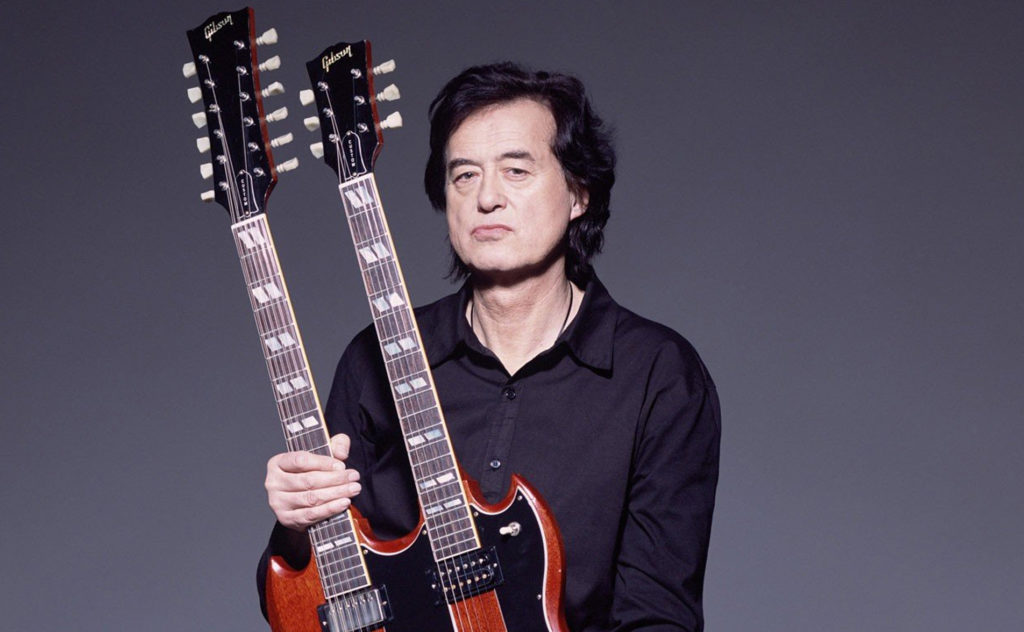Jimmy Page isn’t just a guitar hero — he’s a near-mythical figure in the story of rock. His eerie riffs, towering soundscapes, and fearless experimentation with the electric guitar forever altered what the instrument could be. So, when Page singles out another guitarist for praise — not with faint compliments, but with unshakable respect — it carries the weight of gospel for music fans.
Well before Led Zeppelin turned him into a global icon, Page was already a name that mattered in London’s buzzing ’60s music circuit. Ranked among elite players like Eric Clapton, Jeff Beck, and Big Jim Sullivan, he was one of the most sought-after session guitarists of the era. His fingerprints were everywhere — from The Who and The Kinks to Marianne Faithfull’s haunting ballad As Tears Go By.
That studio work eventually funneled Page into The Yardbirds in 1966, where he briefly joined forces with Jeff Beck. Together they pushed the band into stranger, heavier sonic territory, with songs like the 1968 single Happenings Ten Years Time Ago offering a preview of the thunderous sound that would later shake the world with Led Zeppelin.
By the time Led Zeppelin IV dropped in the early ’70s, Page had cemented his place as perhaps the most influential rock guitarist of his generation. Yet, in the midst of his own acclaim, he was quietly in awe of someone else — Ritchie Blackmore of Deep Purple.
Blackmore’s path wasn’t so different. He too cut his teeth in London’s bustling session scene, occasionally rubbing shoulders with Page and Beck. But once Deep Purple came roaring to life in 1968, Blackmore carved out a sound of his own — fierce, classically tinged, and packed with fire. His rapid, baroque-style runs and improvisational edge would help define the early language of heavy metal.
Even Blackmore admitted Zeppelin’s success lit a fire under him. Reflecting on the band’s rise, he told Classic Rock: “I was impressed with what Zeppelin did. I wanted to do that kind of stuff. We did it with In Rock, and it took off.”
But the real surprise isn’t Blackmore tipping his hat to Zeppelin — it’s Page flipping the script. For all his own brilliance, Page openly conceded there was one battlefield where Blackmore reigned supreme.
“When it comes to a solo, I cannot touch him,” Page once confessed. Years later, speaking at Oxford University in 2016, he doubled down: “I couldn’t touch that guy in the live concert arena, improvisation stakes.”
For a legend of Page’s stature to say that is nothing short of extraordinary. Recognition from fans and critics is one thing — but when one of rock’s greatest architects calls you untouchable, that’s immortality.

